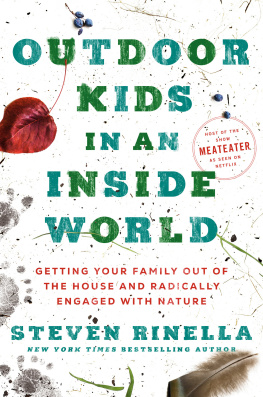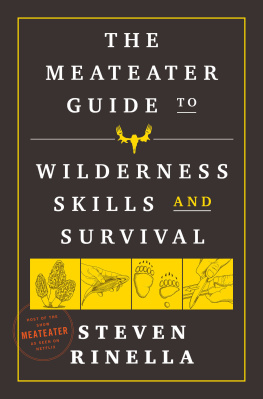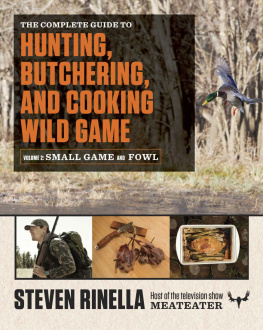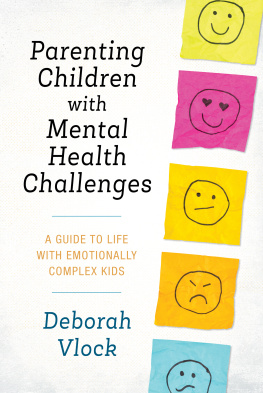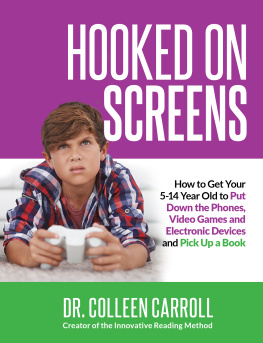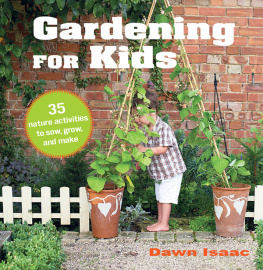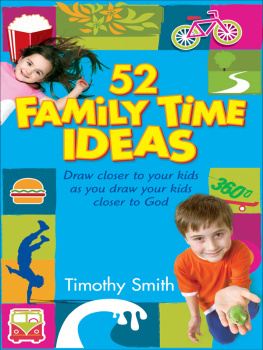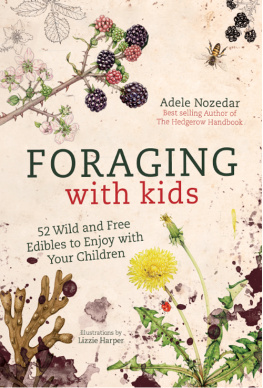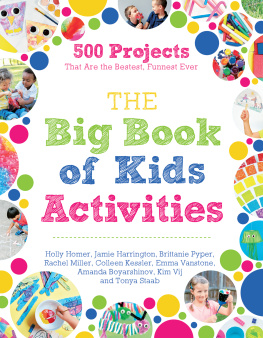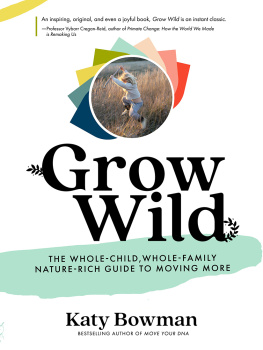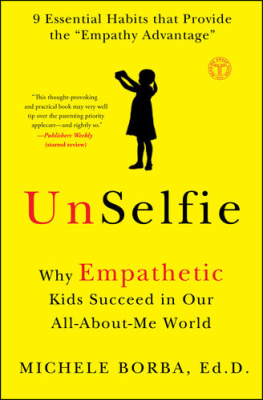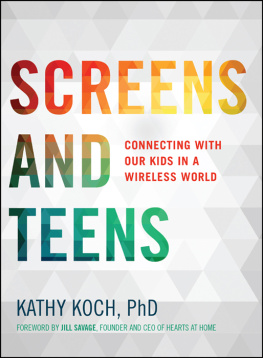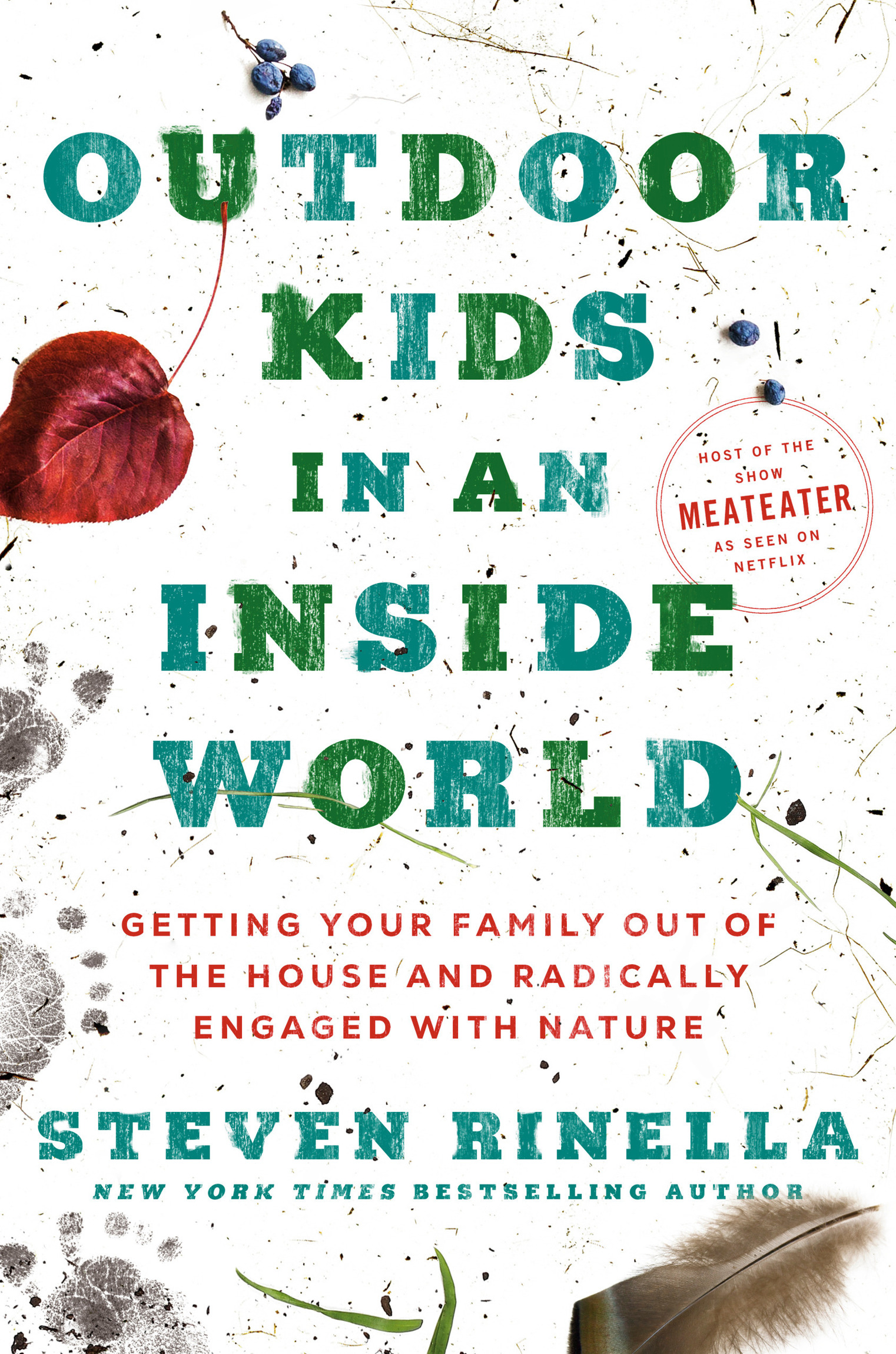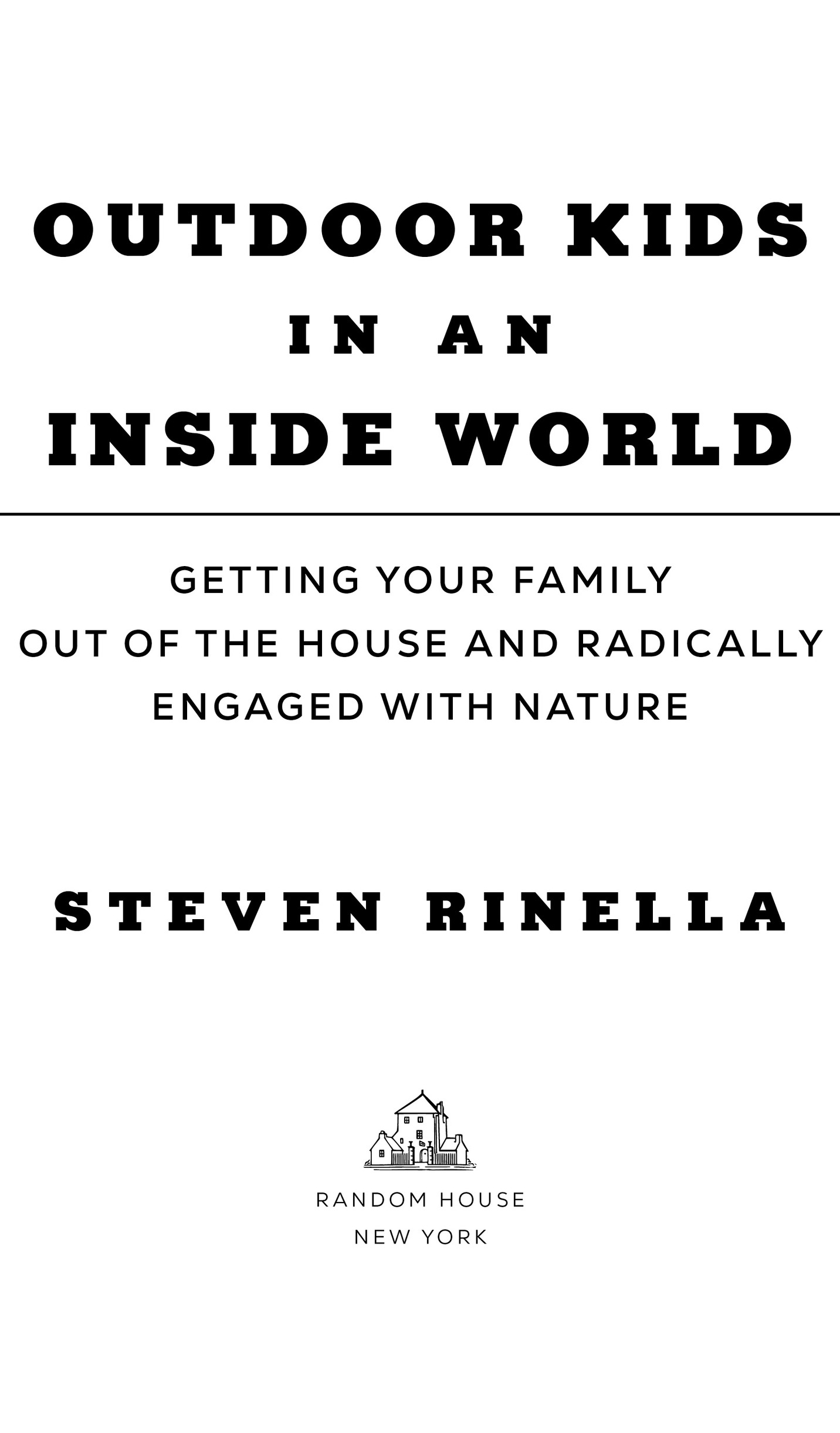Steven Rinella - Outdoor Kids in an Inside World: Getting Your Family Out of the House and Radically Engaged with Nature
Here you can read online Steven Rinella - Outdoor Kids in an Inside World: Getting Your Family Out of the House and Radically Engaged with Nature full text of the book (entire story) in english for free. Download pdf and epub, get meaning, cover and reviews about this ebook. year: 2022, publisher: Random House Publishing Group, genre: Home and family. Description of the work, (preface) as well as reviews are available. Best literature library LitArk.com created for fans of good reading and offers a wide selection of genres:
Romance novel
Science fiction
Adventure
Detective
Science
History
Home and family
Prose
Art
Politics
Computer
Non-fiction
Religion
Business
Children
Humor
Choose a favorite category and find really read worthwhile books. Enjoy immersion in the world of imagination, feel the emotions of the characters or learn something new for yourself, make an fascinating discovery.
- Book:Outdoor Kids in an Inside World: Getting Your Family Out of the House and Radically Engaged with Nature
- Author:
- Publisher:Random House Publishing Group
- Genre:
- Year:2022
- Rating:3 / 5
- Favourites:Add to favourites
- Your mark:
Outdoor Kids in an Inside World: Getting Your Family Out of the House and Radically Engaged with Nature: summary, description and annotation
We offer to read an annotation, description, summary or preface (depends on what the author of the book "Outdoor Kids in an Inside World: Getting Your Family Out of the House and Radically Engaged with Nature" wrote himself). If you haven't found the necessary information about the book — write in the comments, we will try to find it.
A revelation for families struggling to get kids to GO OUTSIDE, or to just stop using the darn smartphone.Michaeleen Doucleff, PhD, New York Times bestselling author of Hunt, Gather, Parent
In the era of screens and devices, the average American spends 90 percent of their time indoors, and children are no exception. Not only does this phenomenon have consequences for kids physical and mental health, it jeopardizes their ability to understand and engage with anything beyond the built environment.
Thankfully, with the right mind-set, families can find beauty, meaning, and connection in a life lived outdoors. Here, outdoors expert Steven Rinella shares the parenting wisdom he has garnered as a father whose family has lived amid the biggest cities and wildest corners of America. Throughout, he offers practical advice for getting kids radically engaged with nature in a muddy, thrilling, hands-on way, with the ultimate goal of helping them see their own place within the natural ecosystem. No matter their locationrural, suburban, or urbancaregivers and kids will bond over activities such as:
Camping to conquer fears, build tolerance for dirt and discomfort, and savor the timeless pleasure of swapping stories around a campfire.
Growing a vegetable garden to develop a capacity to nurture and an appreciation for hard work.
Fishing local lakes and rivers to learn the value of patience while grappling with the possibility of failure.
Hunting for sustainably managed wild game to face the realities of life, death, and what it really takes to obtain our food.
Living an outdoor lifestyle fosters in kids an insatiable curiosity about the world around them, confidence and self-sufficiency, and, most important, a lifelong sense of stewardship of the natural world. This book helps families connect with natureand one anotheras a joyful part of everyday life.
Steven Rinella: author's other books
Who wrote Outdoor Kids in an Inside World: Getting Your Family Out of the House and Radically Engaged with Nature? Find out the surname, the name of the author of the book and a list of all author's works by series.

